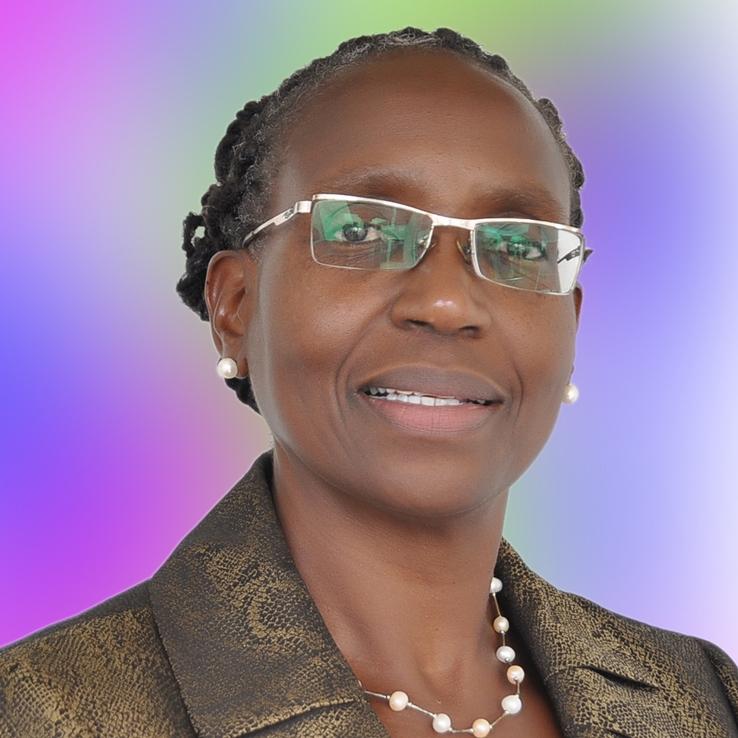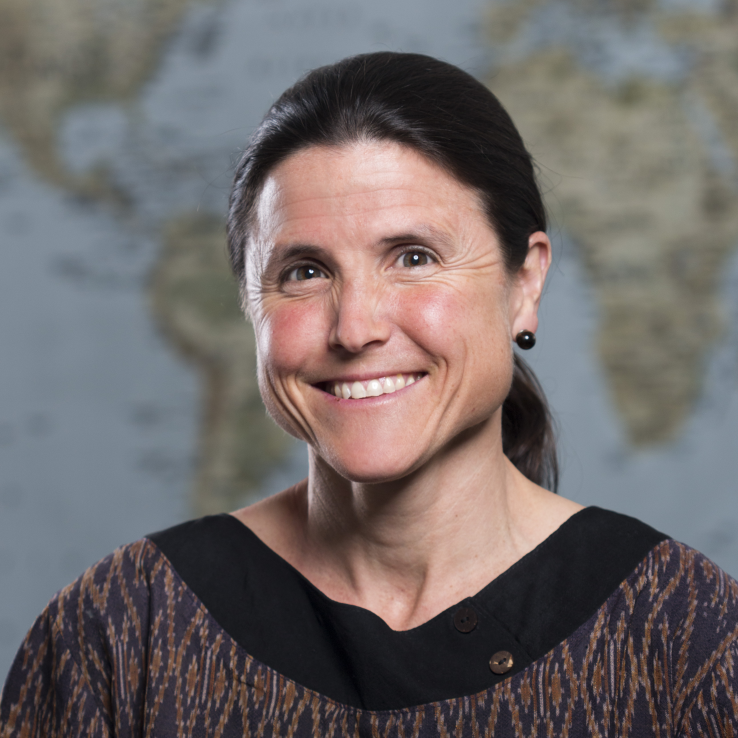The Women & HIV Program is focused on the translation of research into practice with partners Kenya Medical Research Institute (KEMRI) and National AIDS/STD Control Program (NASCOP). Please note that applicants must have an affiliation with KEMRI or the Kenyan Ministry of Health.
Directors:
Director, Dr. Elizabeth Bukusi, Kenya Medical Research Institute
Director, Dr. Carey Farquhar, University of Washington
Dr. Elizabeth Bukusi

Dr. Carey Farquhar

Women & HIV Training Track
Training in a variety of disciplines which have relevance for AIDS research can be provided, and training programs are individualized to meet the particular needs and career goals of each candidate. These are the educational educational tracks are offered:
- Degree track (MPH): A 12-month MPH degree program in the Department of Epidemiology or Global Health.
- Degree track (PhD): A 2-year PhD program at the University of Nairobi, with support for one quarter of study at the University of Washington.
12-month MPH degree track
This track focuses on implementation science and health policy, specifically related to HIV treatment and prevention among women, resulting in an MPH degree from the UW Department of Epidemiology or Department of Global Health. The degree program will be 12 months months, with an initial 9 months of didactic course work at the UW, 3 months conducting thesis research which includes a secondary analysis.
2-year PhD degree-track
Trainees receive three years of support to complete PhD at UoN, including funds to travel to Seattle and take one quarter of advanced methods and implementation science-specific courses at the University of Washington during their second or third year. The remaining time is spent taking online courses from UW and other institutions, participating in local short courses and in-person workshops, and working on a research project under the supervision and mentorship of WHIV core faculty and UoN faculty.
All scholars will participate in an AIDS Core Curriculum, in addition to other activities.
AIDS Core Curriculum
- Responsible Conduct of International Research (Epidemiology 586/Global Health 532)*
- AIDS: A Multidisciplinary Approach (Epidemiology 530/Global Health 562)*
- Principles of Epidemiology (Epidemiology 511)*
- Principles of Biostatistics (Biostatistics 511)*
- Attendance at monthly IARTP Research Seminars
- Training in research with human subjects
- Attendance at monthly AIDS Clinical Conferences
*Courses are offered only during Fall quarter (September-December), the first quarter of the academic year.
Each scholar will have a faculty mentor selected on the basis of shared interests and potential for continued collaborative research. The faculty mentor will coordinate the individualized training program for the scholar and will serve as an advisor for research conducted or planned by the scholar.